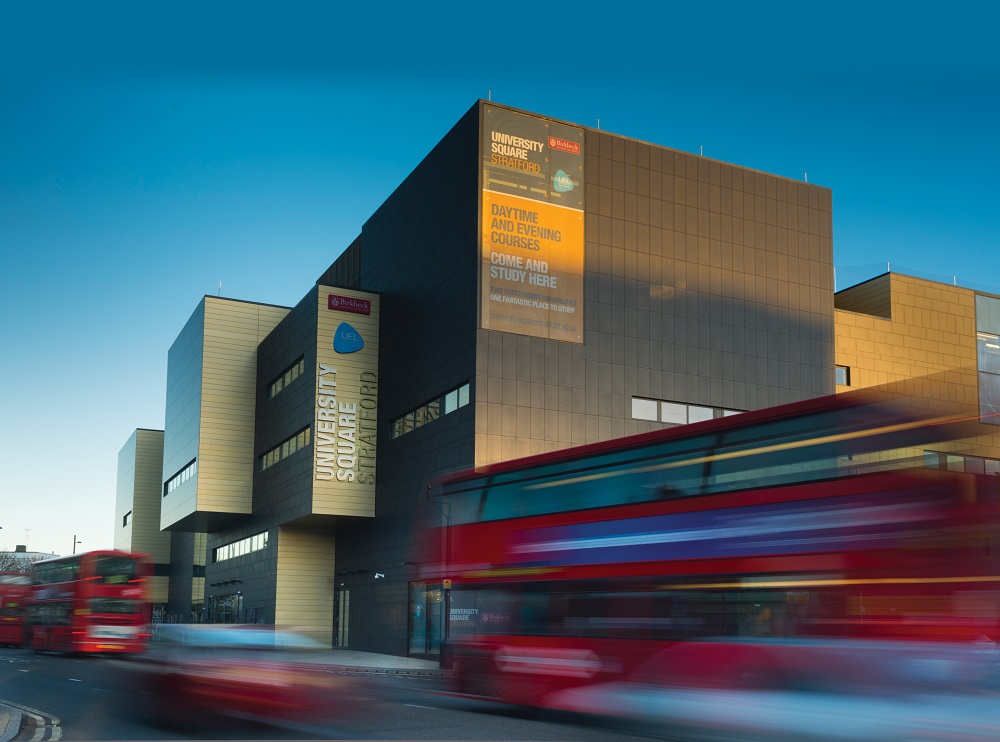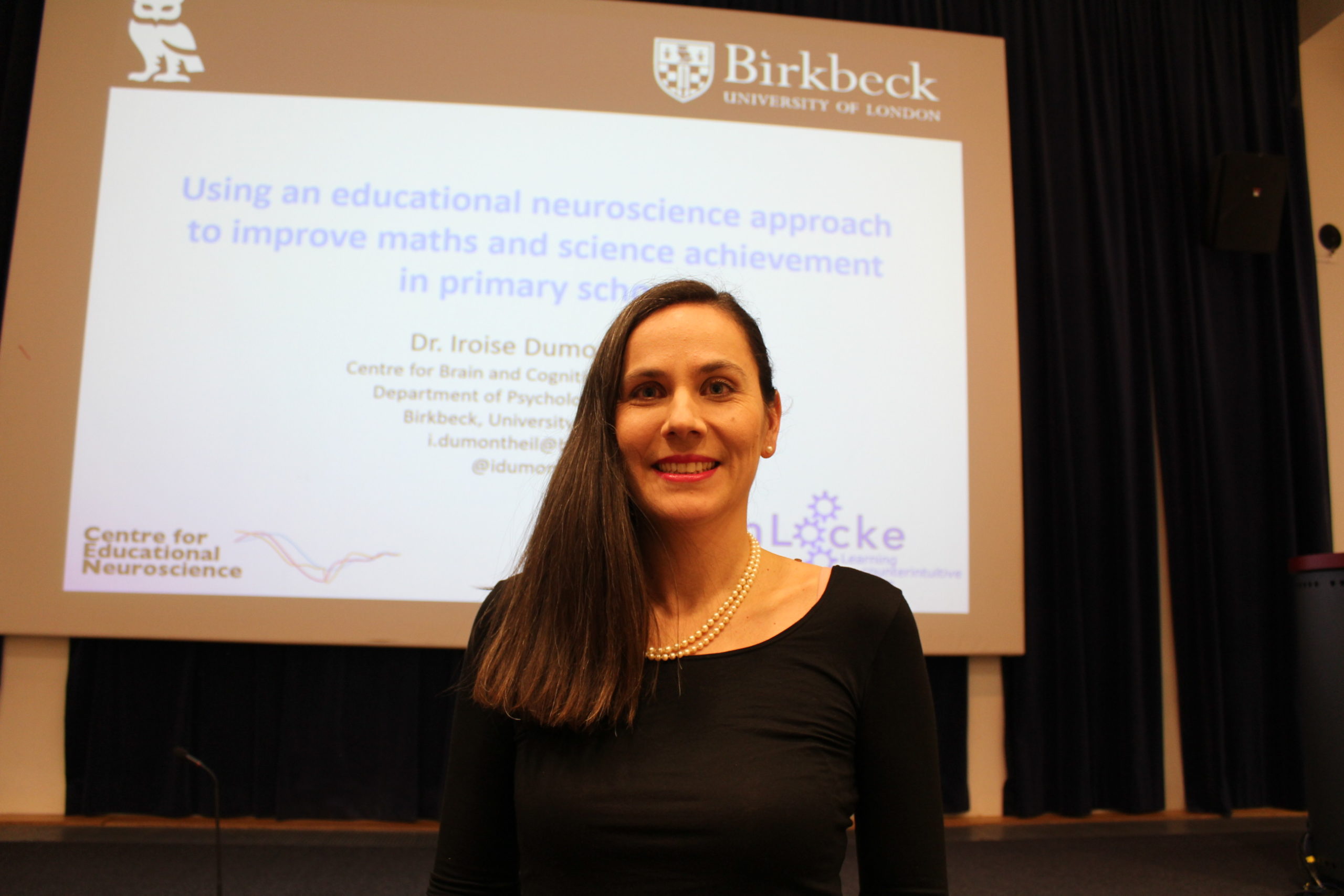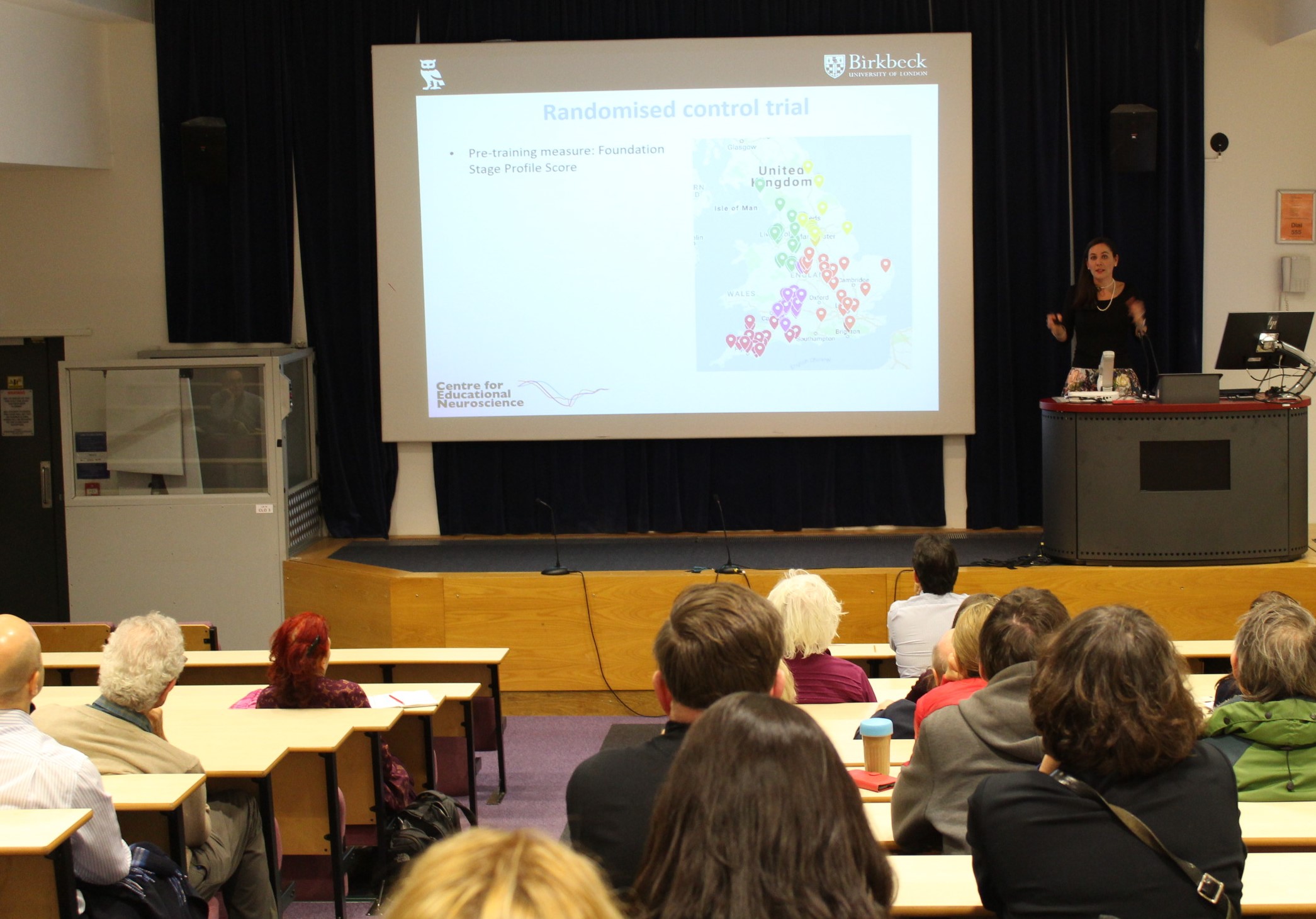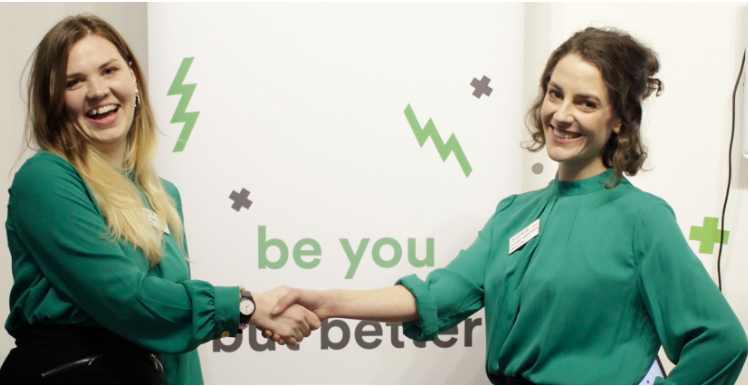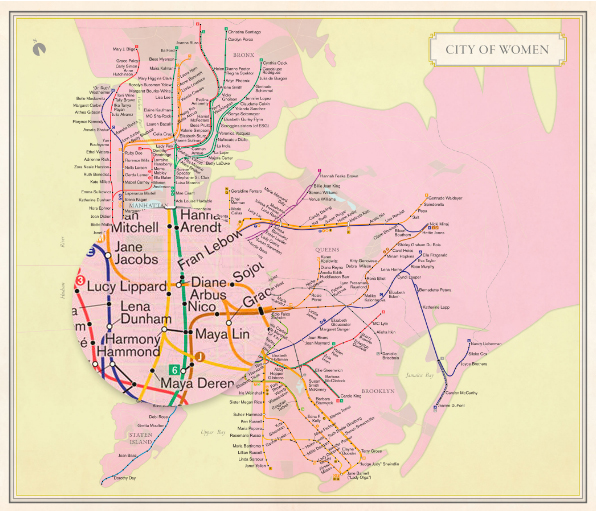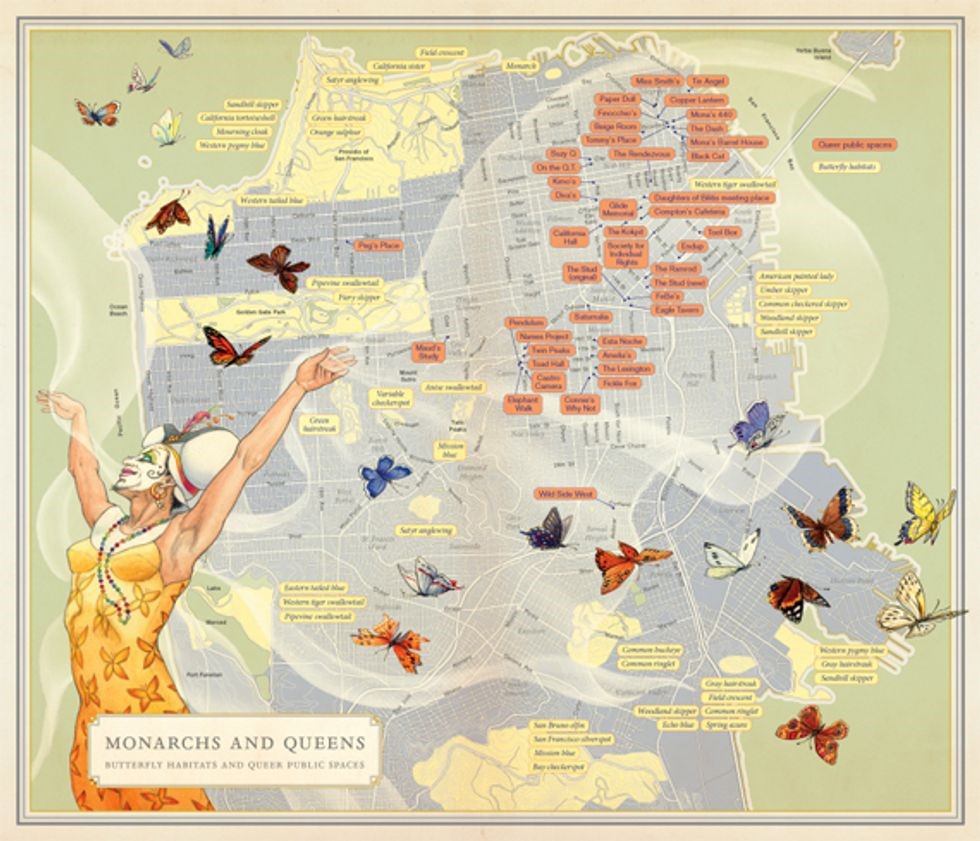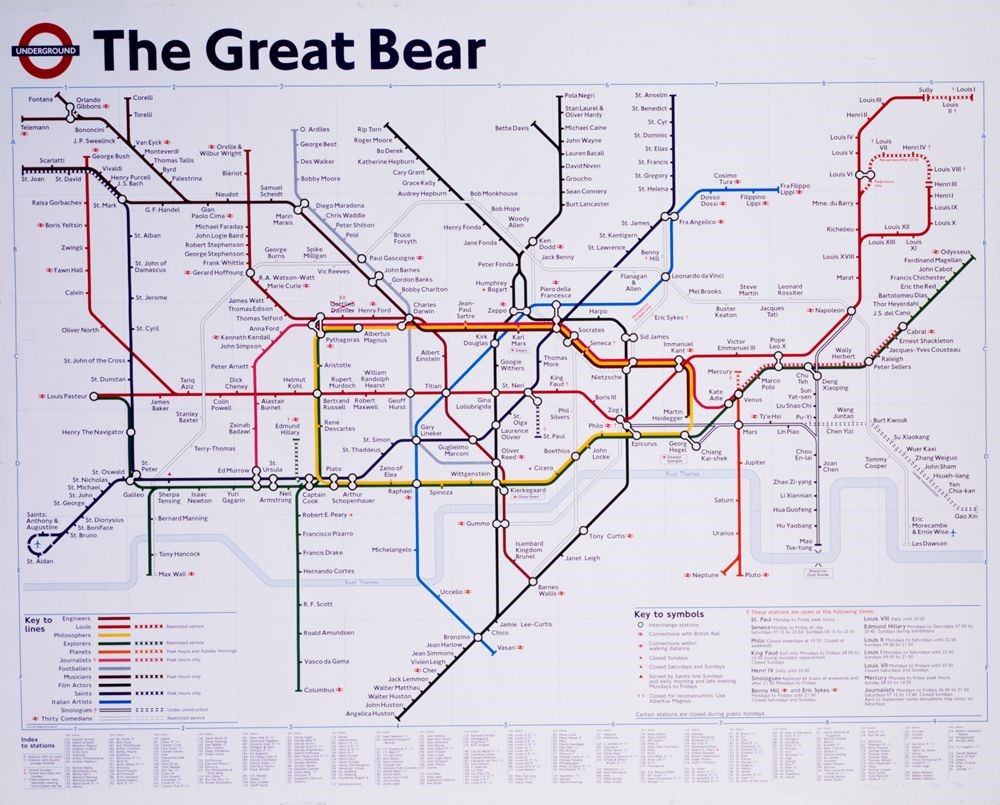Birkbeck’s Access and Engagement work to provide people who face additional barriers to accessing higher education with advice, guidance and free dip-in learning opportunities. The Department works with a lot of community partners and this year has been developing a programme of volunteering with professional services staff so that our non-academic colleagues can share their expertise with community organisations and residents in east London.
While planning our outreach work for Newham Heritage Month, the Heritage Lottery Foundation approached us to ask whether anyone at Birkbeck could help deliver a session to local community groups about how to use social media to promote their events. I straight away headed to the Comms team and asked them whether they’d be interested in getting involved!
I’ll hand over now to Jessica and Rebekah to tell you more about their experience with the Heritage Lottery- thank you both! We are still looking for volunteers across the College to deliver online content, so if you are interested in getting involved email Hester at getstarted@bbk.ac.uk.
We work in the communications team in Birkbeck. A typical day for us would be coming up with ideas and making content that is shared on our social media channels. Content can range from blogs, to videos to infographics and images and features staff, students and the occasional owl. We are often behind a screen (or camera), so we were keen to volunteer for this skill-sharing opportunity with some of the London Borough of Newham’s residents.
We decided to get involved because we wanted to assist the local community with developing their ideas on how to showcase their events to their audiences. Together we came up with a workshop that we hoped would introduce attendees to social media and help them start thinking of ways they can interact with existing and new audiences.
Social media can feel a bit overwhelming to someone who doesn’t use it in a professional capacity, so we hoped that we would be able to give practical steps that could help attendees promote their events. We also saw it as an opportunity to get out of the office and improve our communication skills and practice public speaking!
The session took place in Stratford Library, across the road from our Stratford Campus. The group varied in age, gender, and background and were all looking to learn how they can promote and run their events throughout Newham Heritage Month.
On arrival we were met by a room full of attendees, a positive start! We were introduced by Jan who had organised and facilitated the session. Our presentation opened with a brief introduction to Birkbeck and a chance for the attendees to write down and share their questions and intentions for the session.
We then talked them through the various social media platforms and demonstrated the best ways to showcase content on each of them. We shared thoughts on how to write blogs to generate more content that can be shared on social media. Attendees were engaged and asked questions, so the session felt interactive.
To conclude, we referred to the questions posed to us. It was affirming to know that we were able to answer the questions and hopefully, we were able to put people’s minds at ease as they take their first steps into the world of social media.
Overall, the experience was great as it gave us the opportunity to reflect on what we do and the skills we have gained through our roles and then impart our knowledge on people who are making a difference in their community.
